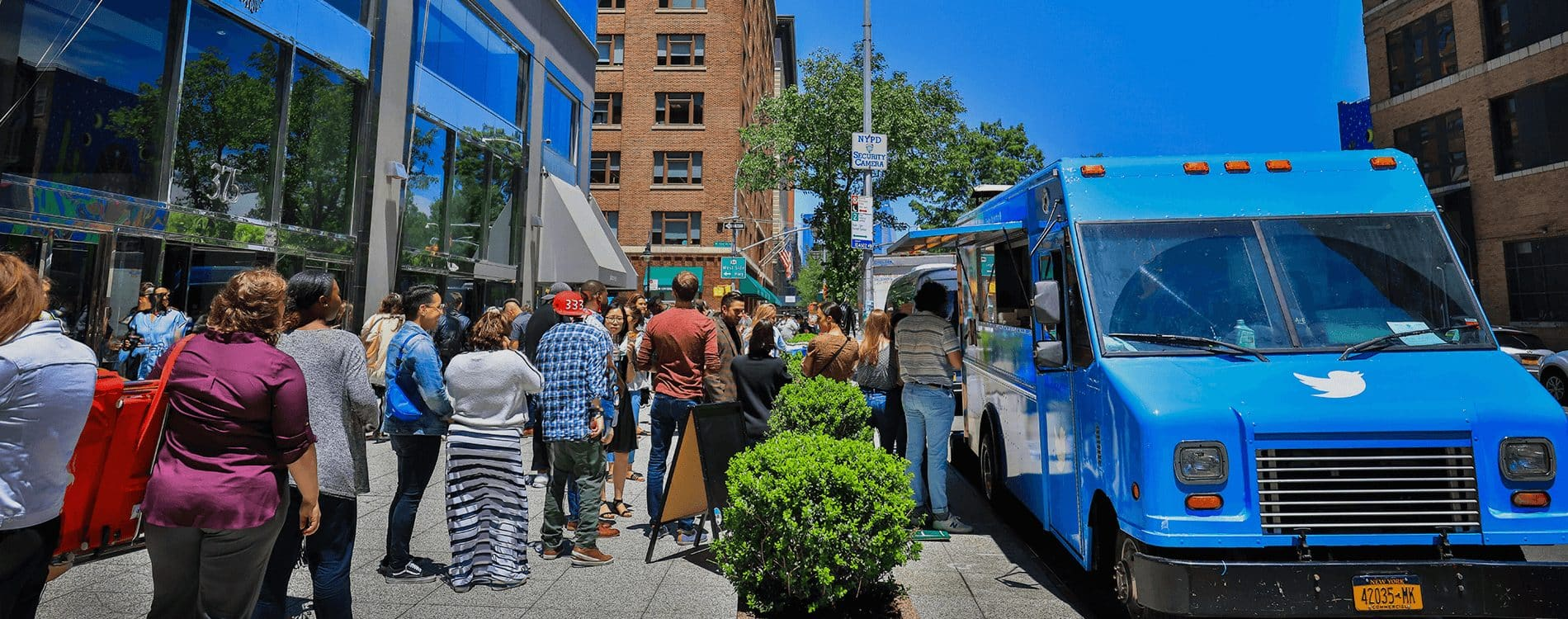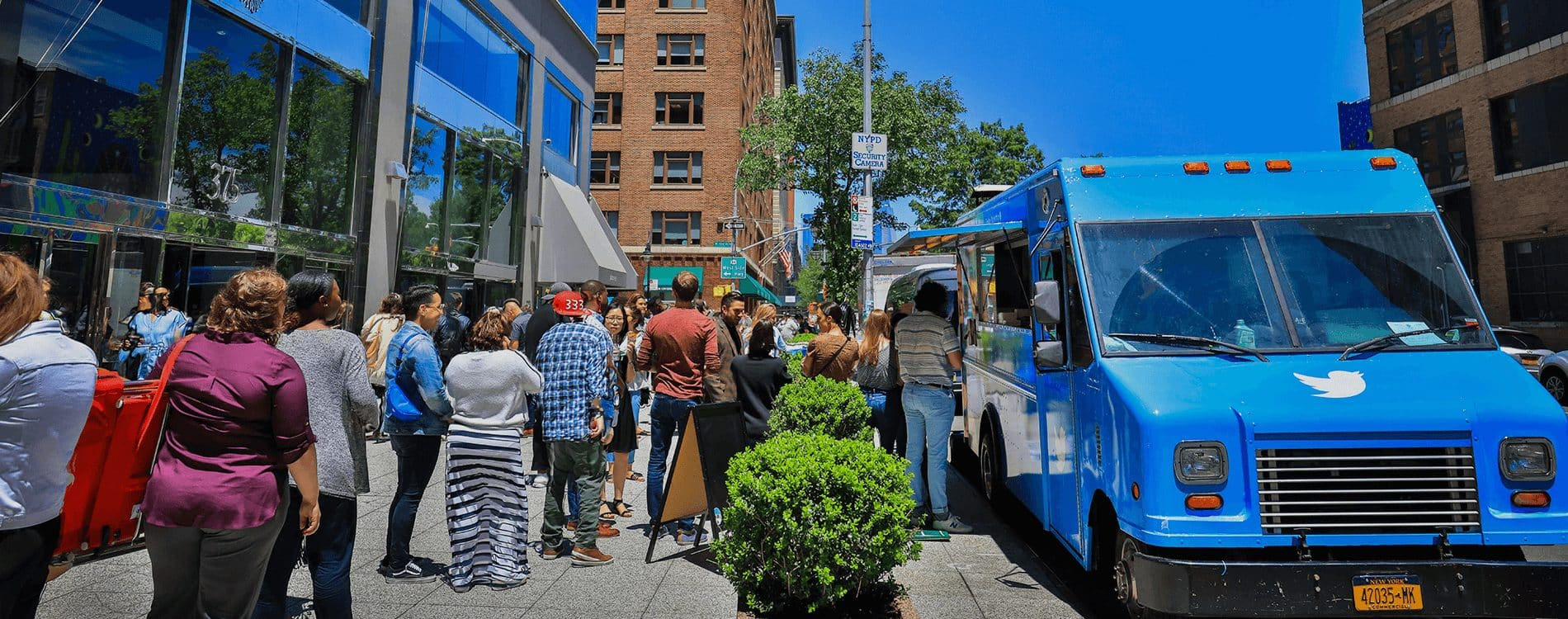Catering Costs 2026
Unlocking Profitable Catering: Cost Analysis for Detroit Food Trucks – A DETFTA Guide
Welcome to the official blog of the Detroit Food Truck Federation and Trade Association (DETFTA). In the bustling heart of Detroit, food trucks have evolved far beyond street-side bites, emerging as premier catering powerhouses for weddings, corporate gatherings, festivals, and private soirees. As of November 2025, the city's catering market surges with demand, fueled by a post pandemic appetite for mobile, experiential dining. This comprehensive guide, crafted exclusively for DETFTA members and aspiring entrepreneurs, demystifies the costs of food truck catering in Detroit. We explore everything from ingredient sourcing to labor logistics, empowering you to price services competitively while safeguarding margins.
Catering represents a lucrative pivot for food trucks, often yielding 20 to 50 percent higher revenues per event than daily vending. Yet, hidden expenses can erode profits if overlooked. DETFTA's advocacy ensures fair vendor access to event permits, and through our network, members gain insider tips on cost-saving partnerships. Whether you are scaling your operation or launching your first catered affair, this resource equips you with data-driven insights. Let us break down the financial blueprint, drawing on benchmarks from local suppliers, city regulations, and industry reports.
The Catering Landscape: Opportunities and Challenges in Detroit
Detroit's event scene thrives on diversity, from the opulent receptions at the Detroit Yacht Club to tech firm luncheons in Midtown. Food trucks shine in this arena, offering flexibility and flair that static caterers cannot match. The Motor City's catering sector clocked in at over $200 million annually, with mobile vendors capturing 15 percent of that pie, per Detroit Economic Growth Corporation data.
However, costs fluctuate with seasonality: summer festivals inflate ingredient prices by 10 to 15 percent due to demand, while winter corporate events demand heated setups, adding $200 to $500 per gig. Fuel prices, hovering at $3.50 per gallon in Wayne County, amplify travel expenses for off-site deliveries. DETFTA mitigates these through bulk buying cooperatives, slashing produce costs by up to 25 percent for members.
Success hinges on precise budgeting. A typical 100-guest event might gross $5,000, but after costs, net 30 to 40 percent profit. Underestimating variables like overtime labor or waste can slash that to 10 percent. By dissecting expenses, you craft bids that win contracts without undercutting viability.
Core Cost Components: A Detailed Breakdown
Catering costs for food trucks cluster into direct and indirect categories. Direct costs tie to the event itself, while indirect ones sustain your operation. Below, we itemize key elements with Detroit averages.
Food and Beverage Expenses
Ingredients form the largest outlay, typically 25 to 35 percent of total costs. Sourcing locally from Eastern Market or Avalon International Breads keeps quality high and carbon footprints low. For a barbecue-themed event serving 50 guests, expect $800 to $1,200 on proteins like brisket ($8 per pound) and ribs ($6 per pound), plus $300 for sides such as coleslaw ($1.50 per serving) and cornbread ($0.75 per piece).
Beverages add $200 to $500, with non alcoholic options like craft sodas at $1.25 per unit or infused waters at $2.00. Alcohol service requires temporary liquor licenses ($100 to $300 via the Michigan Liquor Control Commission), raising costs for beer and wine events. Waste factors in at five to 10 percent; overpreparation leads to $100 losses per event. DETFTA's supplier directory connects you to wholesalers offering 10 percent member discounts on staples.
Labor and Staffing
Your crew is your brand's face, and payroll consumes 20 to 30 percent of budgets. A standard event deploys four to six staff: a lead chef ($25 to $35 hourly), two line cooks ($18 to $22), and servers ($15 to $20, plus tips). For an eight-hour wedding, this totals $1,200 to $1,800, including overtime premiums (1.5 times base after eight hours). Certifications like ServSafe add $100 annually per worker, but they prevent costly shutdowns. In Detroit, union rules for large events may mandate prevailing wages, escalating costs by 15 percent. DETFTA's staffing pool allows shared hires, reducing per-event outlays by 20 percent.
Equipment and Supplies
Food trucks come equipped, but catering demands extras: chafing dishes ($50 rental per day), tents ($150 to $300 for weatherproofing), and generators ($100 fuel and rental). Utensils and disposables run $150 to $400 for 100 guests, with eco-friendly bamboo options at a $0.50 premium per set. Maintenance looms large; a pre-event tune-up costs $200, while mid-season repairs average $500. Insurance riders for off-site events add $300 yearly. Leverage DETFTA's equipment loan program for zero-interest access to backups, averting $1,000 downtime hits.
Transportation and Logistics
Mobility is your edge, but it has its costs. Fuel for a 20-mile round trip burns $50 at current rates, plus tolls ($10) and parking permits ($75 for city lots). For remote venues like Belle Isle, add $100 in ferry fees or shuttle logistics. Delivery timelines tighten budgets: rush setups incur $200 surcharges. GPS routing software ($20 monthly) optimizes paths, saving 10 percent on gas. DETFTA advocates for waived event parking fees at select parks, a perk unlocked for members.
Permits, Fees, and Overhead
Regulatory compliance bites into five to 10 percent. Temporary event permits from the Detroit Health Department cost $73 base fee, plus $50 for inspections. Fire permits for open flames add $100. Corporate gigs may require vendor bonds ($500 refundable). Overhead includes commissary rentals ($300 monthly) and marketing ($200 per event for flyers). Taxes on gross receipts (six percent sales plus one percent city) deduct $300 from a $5,000 invoice. DETFTA's compliance toolkit streamlines filings, cutting admin time by 30 percent.
Cost Estimation Table: Sample for a 100 Guest Event
To visualize, consider this table for a mid-range corporate lunch in Detroit, using pulled pork sliders and salads. Figures reflect averages.
This yields $2,050 profit. Scale up for weddings (add $500 florals coordination) or down for pop-ups ($2,500 total for 50 guests).
Pricing Strategies: Maximizing Margins
Crafting bids demands art and science. Start with cost-plus pricing: tally expenses, add a 25 to 40 percent markup for profit, then layer on a 10 percent contingency for surprises. Per-person rates simplify: $40 to $60 for lunch and $75 to $150 for dinner, reflecting the complexity of the menu. Tiered packages boost upsells: basic ($45 headcount) with sliders and chips; premium ($85), adding desserts and stations. Volume discounts for repeat clients (5% off over three events) foster loyalty.
Market intelligence is key. Scan competitors via DETFTA's annual survey: Midtown trucks average $55 per head for fusion cuisine. Dynamic pricing adjusts for peaks; charge 15 percent more for Detroit Lions tailgates. Contracts seal deals: include clauses for cancellations (a 50 percent fee within 48 hours) and change orders (a $25 per-hour add-on). Tools like QuickBooks ($30 monthly) track variances, ensuring bids evolve with real data.
Case Studies: Real World Insights from DETFTA Members
For a Riverfront Festival catering 200, they budgeted $6,500: $2,000 for food (local avocados at $2 per pound), $2,200 for labor (bilingual staff premium), and $500 for logistics. Priced at $9,800, they netted $3,300 after a rain delay tent rental. Lesson: Build buffers for weather. Contrast with Sweet Potato Sensations, specializing in vegan weddings. A 75-guest affair cost $4,200 ($1,500 ingredients from urban farms, $1,500 crew, including a pastry artist). At $6,500 revenue, 35 percent margins are held via pre-plated efficiencies. Their tip: Partner with venues for shared setup costs, slashing $300. These stories underscore adaptability. DETFTA's mentorship pairs novices with veterans, sharing spreadsheets for custom forecasts.
Navigating Detroit Specific Nuances
City ordinances shape expenses. Vending near events requires 100-foot buffers from fixed eateries, potentially adding $100 in rerouting. Health inspections for catered hauls ($50 spot checks) ensure compliance. Seasonal incentives abound: Winterfest subsidies offset heating costs by $200. For international crowds at the Detroit Auto Show, multilingual menus justify $10 per head uplifts.



